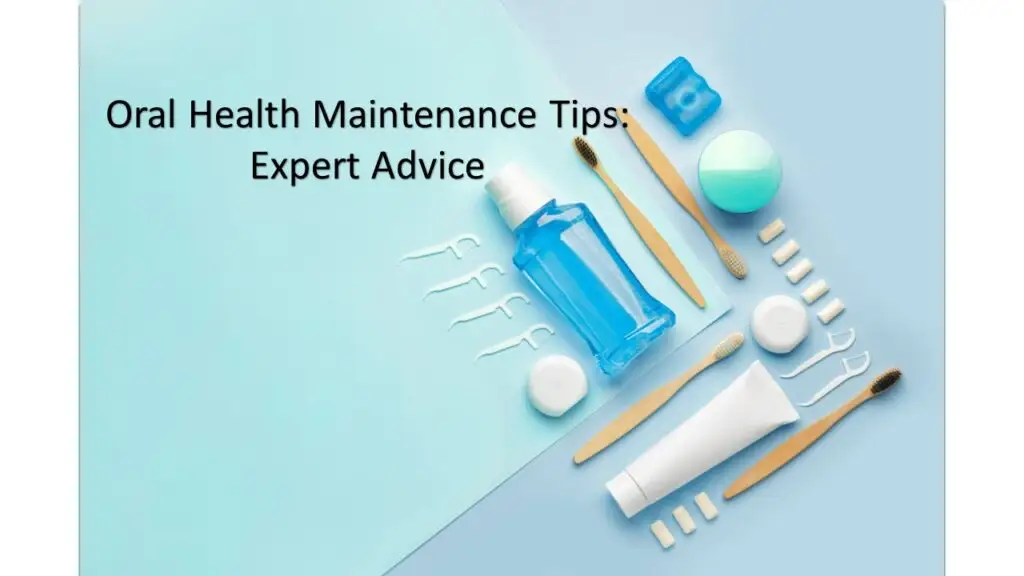Introduction:
In today’s fast-paced world, maintaining optimal oral health can often take a backseat to the demands of a busy lifestyle. With hectic schedules and numerous responsibilities, it’s easy to overlook the importance of daily dental care. However, ensuring good oral hygiene is crucial not just for preventing dental issues but also for overall health and well-being. This article explores effective strategies for managing oral health despite a demanding lifestyle, providing practical tips to integrate dental care seamlessly into your daily routine.
Adopting these strategies will help you maintain a bright smile and prevent common dental problems such as cavities, gum disease, and bad breath. By making small adjustments and prioritizing oral health, you can enjoy a healthier mouth and contribute to your overall quality of life. Here are the top strategies for maintaining optimal oral health amidst a busy schedule.
Establish a Consistent Oral Hygiene Routine:
“Establishing a consistent oral hygiene routine is fundamental to maintaining optimal oral health. Consistency in brushing and flossing ensures that plaque is removed regularly, reducing the risk of cavities and gum disease. Aim to brush your teeth at least twice a day, ideally in the morning and before bed. Use fluoride toothpaste to help strengthen tooth enamel and protect against decay. Additionally, incorporating flossing into your routine at least once daily helps to remove food particles and plaque from between your teeth, where a toothbrush may not reach.” says Dr. Mark Flynn, Principal Dentist & Clinic Owner At The Modern Dentist
Incorporating mouthwash into your routine can also be beneficial. Mouthwash helps to kill bacteria that cause bad breath and provides an extra layer of protection against plaque buildup. Opt for an alcohol-free mouthwash to avoid irritation, especially if you have sensitive gums. By sticking to a disciplined oral hygiene routine, you will be taking proactive steps to safeguard your dental health, even amidst a busy lifestyle.
Choose Quick and Effective Oral Care Products:
Selecting oral care products that are both effective and time-efficient can make maintaining your dental health easier. For instance, consider using an electric toothbrush, which can provide a more thorough cleaning in less time compared to manual brushing. Electric toothbrushes are designed to efficiently remove plaque and are often equipped with timers to ensure you brush for the recommended two minutes.
When it comes to toothpaste, choose a fluoride toothpaste that has been approved by dental associations for its efficacy in preventing cavities and strengthening enamel. For flossing, consider floss picks or interdental brushes, which can be quicker and easier to use compared to traditional dental floss. These tools can help streamline your oral care routine, making it easier to incorporate into your daily schedule without sacrificing effectiveness.
Make Time for Regular Dental Checkups:
Even with a busy schedule, making time for regular dental checkups is essential for maintaining optimal oral health. Dental visits allow for professional cleaning and examination, helping to catch any potential issues before they become serious problems. Dentists can identify early signs of decay, gum disease, or other oral health conditions that may not be visible to the naked eye.
To ensure you do not miss these important appointments, try to schedule your dental checkups well in advance and set reminders in your calendar. If possible, choose a dental office with extended hours or weekend availability to accommodate your schedule. Regular checkups are an investment in your long-term oral health, and prioritizing them can help prevent costly and time-consuming treatments in the future.
Focus on a Balanced Diet for Oral Health:
“Your diet plays a crucial role in maintaining optimal oral health, especially when you have a busy lifestyle. Eating a balanced diet rich in essential nutrients can help strengthen your teeth and gums, making them more resilient against decay and disease. Incorporate plenty of fruits, vegetables, whole grains, and lean proteins into your meals. Foods high in calcium, such as dairy products or fortified plant-based alternatives, are particularly beneficial for maintaining strong teeth and bones.” – Jessica Shee from m3datarecovery.com
Additionally, limit your intake of sugary and acidic foods and drinks, which can contribute to tooth decay and erosion. When you do consume such items, try to do so with meals rather than as standalone snacks, and drink plenty of water to help rinse away food particles and acids. By making conscious food choices, you can support your oral health and reduce the risk of dental problems, even when your schedule is packed.
Practice Stress Management to Prevent Oral Health Issues:
“Stress can have a significant impact on your oral health, leading to issues such as teeth grinding, jaw clenching, and an increased risk of gum disease. Finding effective ways to manage stress is important for maintaining both mental and oral health. Incorporate stress-reducing activities into your daily routine, such as exercise, meditation, or hobbies you enjoy.” – Natalia Dávila Merlo, Content Marketing Manager at Ling
If you find yourself grinding your teeth or clenching your jaw, consider using a night guard to protect your teeth from damage. Consult with your dentist about stress-related oral health concerns and explore potential solutions tailored to your needs. By addressing stress proactively, you can help protect your oral health and maintain a healthier mouth.
Conclusion:
Maintaining optimal oral health amidst a busy lifestyle requires intentional effort and strategic planning. By establishing a consistent oral hygiene routine, choosing effective products, prioritizing regular dental checkups, focusing on a balanced diet, and managing stress, you can successfully integrate dental care into your daily life. These strategies not only contribute to a healthy smile but also support overall well-being, demonstrating that good oral health is achievable even with a demanding schedule. Remember, small changes and proactive measures can make a significant difference in preserving your oral health for the long term.

